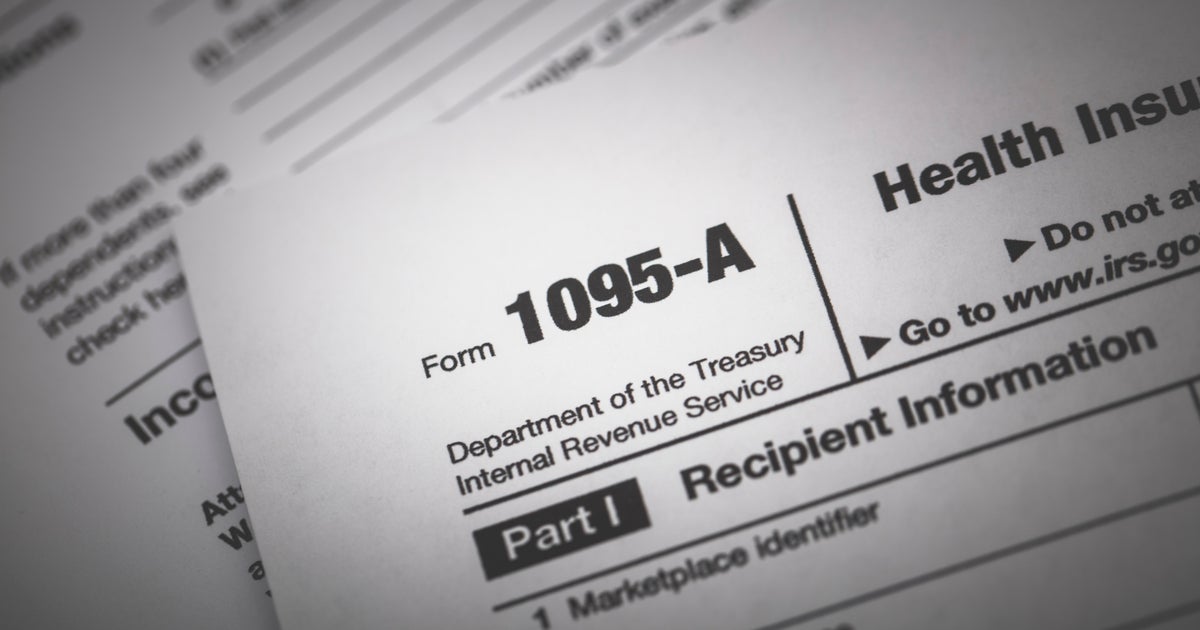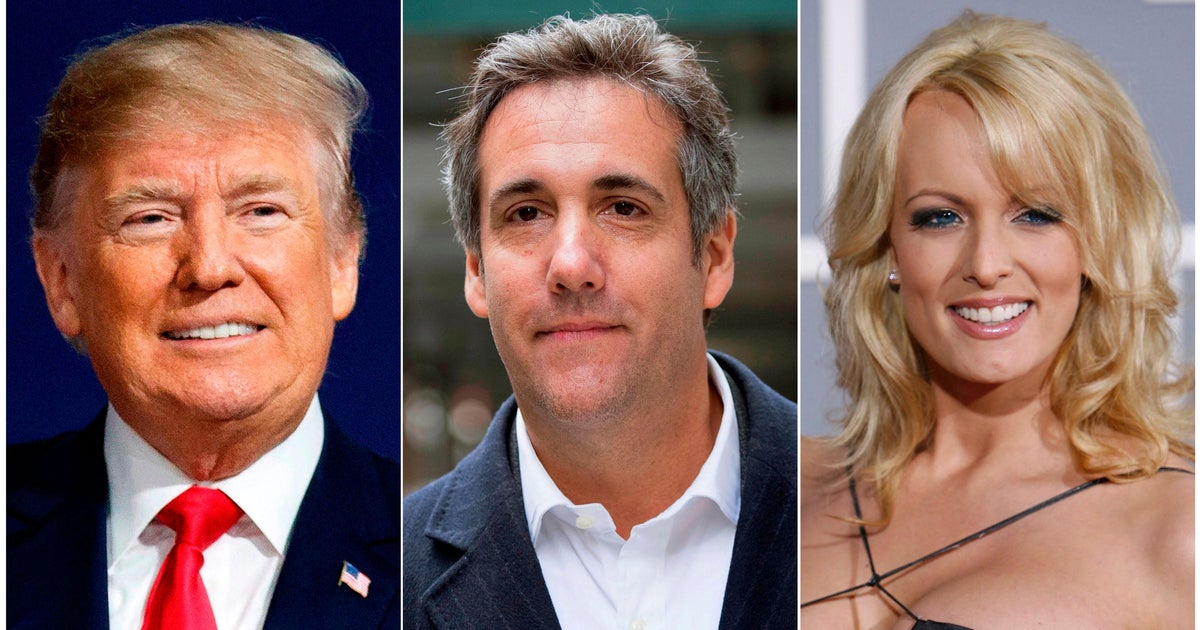Trump says the government won't touch 401(k) tax-break limits
With America already facing a retirement crisis, there's a general consensus that lawmakers need to do more to convince workers to save for their golden years.
That's why reports that GOP lawmakers are considering capping pre-tax 401(k) contributions at $2,400 annually -- compared with $18,000 currently -- caused alarm and concern, with some voters calling the idea "horrible" and "disastrous" on Twitter.
President Donald Trump weighed in on Monday, vowing there will be "NO change to your 401(k)" and praising the current limits.
"This has always been a great and popular middle class tax break that works, and it stays!" he wrote on Twitter.
The proposal to limit the amount Americans can save before taxes prompted questions among consumers and investment professionals alike, given that the tax break is considered an incentive for workers to sock away money for retirement. Some Republican leaders, however, are seeking ways they can generate tax revenue given President Trump's call to reduce individual and corporate tax rates.
Despite President Trump's vow, some experts expressed skepticism the president would stick to his pledge if it meant vetoing a tax reform bill that included a plan to slash pre-tax contribution limits.
"Our concern, however, is that this President is very flexible when it comes to declaring victory," wrote Cowen analyst Jaret Seiberg in a research note. "As a result, we believe there is still risk when it comes to 401(k) plans. We don't see this President vetoing a tax reform bill simply because it violates this tweet."
Nevertheless, the idea to limit pre-tax contributions may have simply been a "trial balloon," which given the negative reaction from investors and Wall Street would indicate the plan is likely off the table, Seiberg added.
Congressional lawmakers are eyeing limits of $2,400 per year for tax-deferred contributions, although it wasn't clear if it would apply to IRAs as well as 401(k)s, according to The Wall Street Journal.
Under the plan, contributions above the $2,400 limit would flow into a Roth IRA, where workers don't receive an upfront tax deduction. Instead, the savings in a Roth account grow tax-free, and there's no income tax on withdrawals once a worker reaches retirement.
Currently, employees younger than 50 years old can save as much as $18,000 in a 401(k) before taxes, while those over 50 can save up to $24,000 per year.
Contribution limits would likely hurt money management firms such as Vanguard and Fidelity, which rely on management fees from 401(k) accounts. Yet the bigger question is whether the plan would dissuade Americans from socking away money while they're working.
About 55 million Americans save in 401(k) plans, which hold more than $5 trillion in assets, according to the Investment Company Institute.
Americans are wedded to the idea of receiving tax deferrals when they save for retirement, with the ICI finding that 93 percent of workers with either a 401(k) or an IRA were against removing tax incentives. A majority also opposed reducing contribution limits.
In the meantime, the total amount Americans have saved to fund their retirement falls short of what they need by as much as $14 trillion, depending on how one runs the numbers. (By comparison, total U.S. GDP is roughly $18 trillion.) More than one-quarter of working Americans have no retirement savings or pension, according to a Federal Reserve study published earlier this year.



